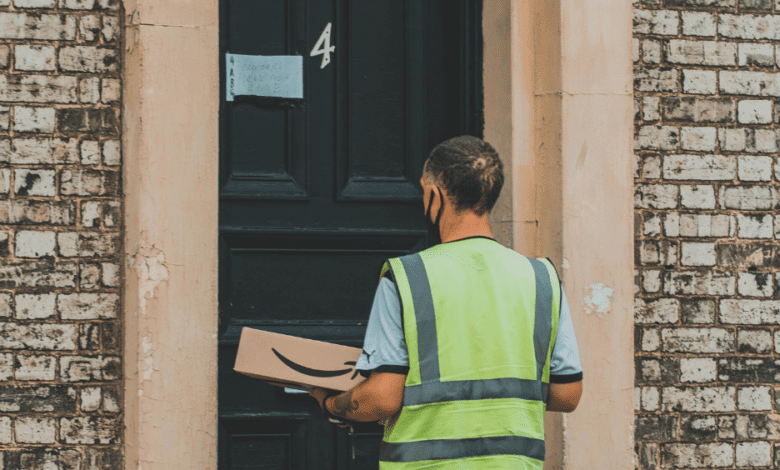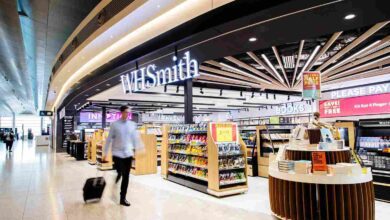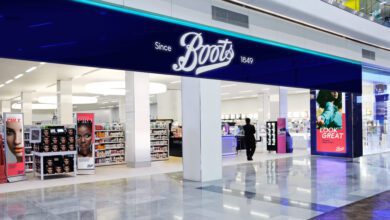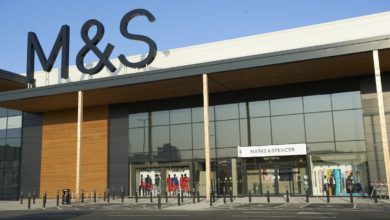Reasons retailers should prioritise delivery
Andrew Tavener, head of Marketing, Descartes Fleet Solutions EMEA, explains how customers perceive delivery and why meeting or missing delivery pledges can make or break your reputation as a retailer.

Register to get 1 free article
Reveal the article below by registering for our email newsletter.
Want unlimited access? View Plans
Already have an account? Sign in
The Covid-19 Pandemic accelerated the growth in e-Commerce and it is going to continue to grow as consumers value the convenience and ease of online shopping. Retailers need to have completely joined-up sales, fulfilment and returns processes. There is little point in having a slick website to sell the product if the delivery experience falls way short of customer expectations.
Customers will not return after delivery failures
In research conducted by Descartes in Jan 2022 73% of consumers experienced a delivery failure over a 3 month period and 23% indicated that they did not order from the retailer again. Regardless of who makes the delivery, retailers clearly need to assess the delivery performance and the expectations they set for customers regarding delivery speed, reliability and precision. The widely held belief that delivery speed is the most important factor to consumers is simply not true — consumers place more value on retailers making a delivery promise and keeping it.
When using third-party delivery companies, retailers need to ensure that the experience matches their promise to consumers otherwise they will not return and go elsewhere. Consumer expectations are being set by the companies that do it well and this is the benchmark for all.
Clear communication will prevent complaints
Real-time tracking and automated data communications will minimise inbound calls to find out where a package is. It can also help to retain a positive customer experience by resetting expectations. Most people understand that things can go wrong or cause delays (road works, road traffic accidents etc) but what they don’t like is not being informed of a potential delay.
Value added services are the competitive edge
With little product and price differentiation between retailers’ delivery, value-added services (such as installation of white goods etc) and returns are the new competitive landscape. The delivery offer and experience influence buyer behaviour, loyalty and potential repeat sales.
Route optimisation drives efficiencies
An advanced route optimisation and delivery scheduling solution is working in the background all the time. When new orders are taken (in-store, online or via the telephone) the software knows what delivery commitments have been made and what capacity exists so that costed delivery options can be presented back to the customer at the point of sale in a matter of seconds. Retailers can use this information to influence consumers to pick certain delivery slots, for example, a free or lower-cost delivery if they are already delivering to your postcode on a certain day.
For retailers, the delivery service has become a defining part of the brand reputation and so to keep customers loyal, it’s important to ensure delivery promises are a key consideration in the sales process.
Descartes works with leading retailers, manufacturers, distributors and logistics services around the globe, specialising in route optimisation software.







